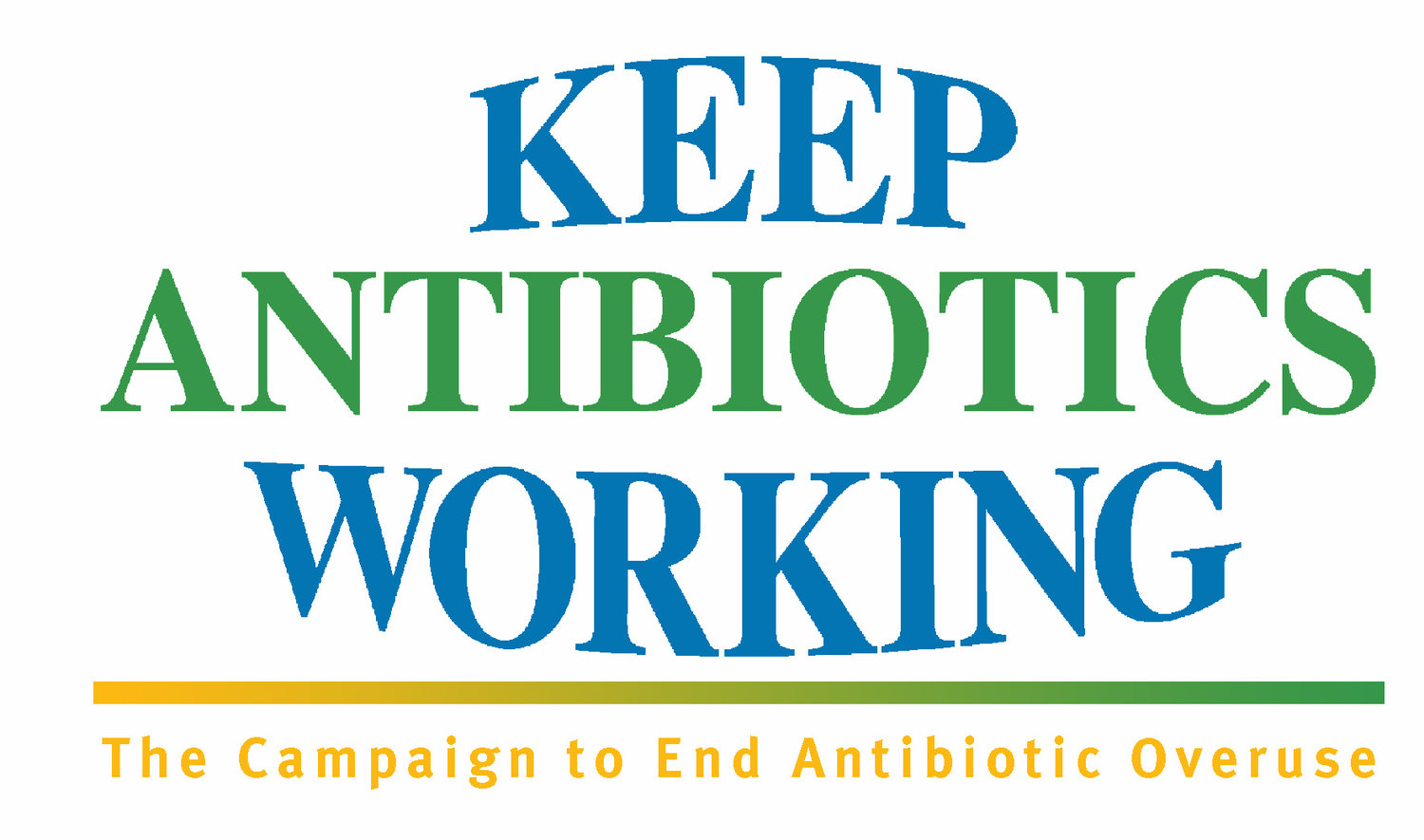
All blog posts are the sole opinion of the author and do not necessarily reflect the official position of Keep Antibiotics Working or Food Animal Concerns Trust.
FDA Five-year Plan on Antibiotics Falls Short
Steven Roach, Food Safety Program Director, Food Animal Concerns Trust
On September 14, the Food and Drug Administration (FDA) Center for Veterinary Medicine (CVM) released a Five-Year Action Plan to slow the spread of antibiotic resistance by reducing antibiotic overuse on the farm. While it is great that FDA continues to recognize the problem and take steps to address it, the plan does not do enough and does not include concrete goals for success. With the world on the brink of a post-antibiotic era where routine infection will once again kill and the threat of infection makes routine surgery dangerous, the FDA needs to do much more.
Economic studies support the withdrawal of antibiotics in animal feed to protect public health and agricultural environments
Dr. Tanya Roberts, PhD, Chair of the Center for Foodborne Illness Research and Prevention and retired Sr. Economist from Economic Research Service, United States Department of Agriculture
Antibiotic resistance (AR) is a huge global health challenge. Both the World Health Organization (WHO) and the Centers for Disease Control and Prevention (CDC) have identified the use of antibiotics to promote growth in farm animals as contributing to the development and spread of AR bacteria that are transmitted from animals to humans. If resistant bacteria contaminate the foods that come from those animals, people who consume these foods can develop serious and sometimes life-threatening AR infections.
U.S. Advisory Council on Antibiotic Resistance Puts the Onus on Veterinarians
CAMERON HARSH, SENIOR MANAGER FOR ORGANIC & ANIMAL POLICY AT CENTER FOR FOOD SAFETY
In a meeting focused on antibiotic stewardship, advisors emphasized correcting veterinarian behavior, which lets the food animal industry off the hook.
It may not have the catchiest name, but since 2015, the Presidential Advisory Council on Combatting Antibiotic Resistant Bacteria (PACCARB) has been tasked with a critical public health objective: identifying strategies for federal agencies to stop the global spread of antibiotic resistance and preserve the effectiveness of medical treatments. With an estimated 23,000 U.S. deaths each year from infections caused by antibiotic-resistant bacteria, the council has the potential to be a powerful tool in protecting the public.
Science Deniers of the Chicken Industry Get a Rude Awakening
Austin Wilson, the Environmental Health Program Manager of As You Sow, has kindly allowed Keep Antibiotics Working to share his blog on some of the shareholder activity of his organization.
Although many corporations still pollute waterways and finance shadowy lobbying groups, it’s getting harder for companies to outright deny scientific consensus.
The Big Mac Can Make A Big Dent In Stopping Antibiotic Overuse
Matthew Wellington, U.S. PIRG Antibiotics Program Director
Most of us have had a hamburger or two under the golden arches.
But what many don’t know is that most beef in the U.S. is raised on the routine use of medically important antibiotics, a farming practice that’s reducing the effectiveness of our most foundational medicines.
For World Antibiotics Awareness Week: “'Seek Advice' and Raise your Antibiotics IQ”
Cameron Harsh, Senior Manager for Organic & Animal Policy at Center for Food Safety
Thanksgiving is just a week away, and it begs the question: will we still be thankful for antibiotics this time next year?
This week is the World Health Organization’s annual “World Antibiotics Awareness Week” raising global awareness of the antibiotic resistance crisis and encouraging action to preserve the efficacy of important medicines to fight life-threatening infections. 2017’s theme is “Seek advice from a qualified healthcare professional before taking antibiotics.”
New WHO Guideline Offers Hope in Curbing Antibiotics
David Wallinga, MD NRDC Senior Health Officer, Health Program
As antibiotic resistance spreads worldwide, the calls get more urgent to stop squandering our most precious medicines, in both human medicine and in livestock. Released earlier this week are new recommendations from the World Health Organization—the leading international public health authority—on how the medically important antibiotics given to food animals can be used better. They’re especially timely, given that next week is Antibiotic Awareness Week.
REPORT: Roadmap for a Future Where Antibiotics Still Work
David Wallinga, MD NRDC Senior Health Officer, Health Program
As the national (and global) crisis of antibiotic resistance worsens, it garners more attention. Deservedly so. "We are running out of antibiotics fast“ is how the “Stopping Superbugs" series PBS NewsHour began earlier this month. Without stronger, swifter action – my friends who are infectious disease docs warn – we’ll find ourselves living in a world where once routine infections are no longer treatable.
PBS Spotlight Reaffirms The Need To Stop Misusing Life-Saving Antibiotics
Matthew Wellington, U.S. PIRG Antibiotics Program Director
Over the last two weeks, millions of people got a peak under the hood of the antibiotic resistance crisis, courtesy of PBS Newshour’s reporting. Here, here, and here are three excellent Newshour segments.
